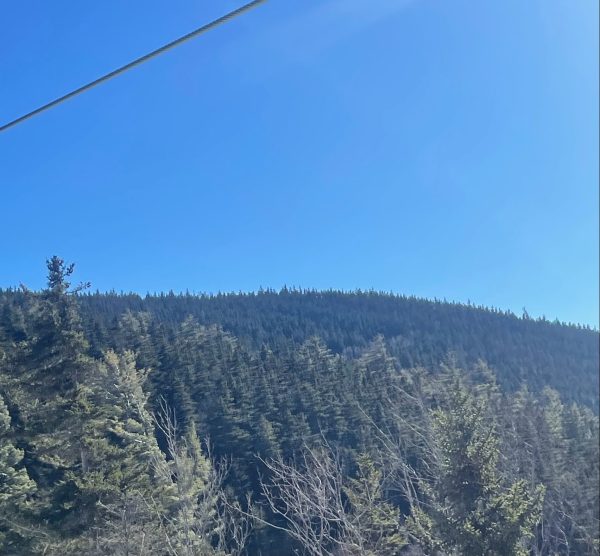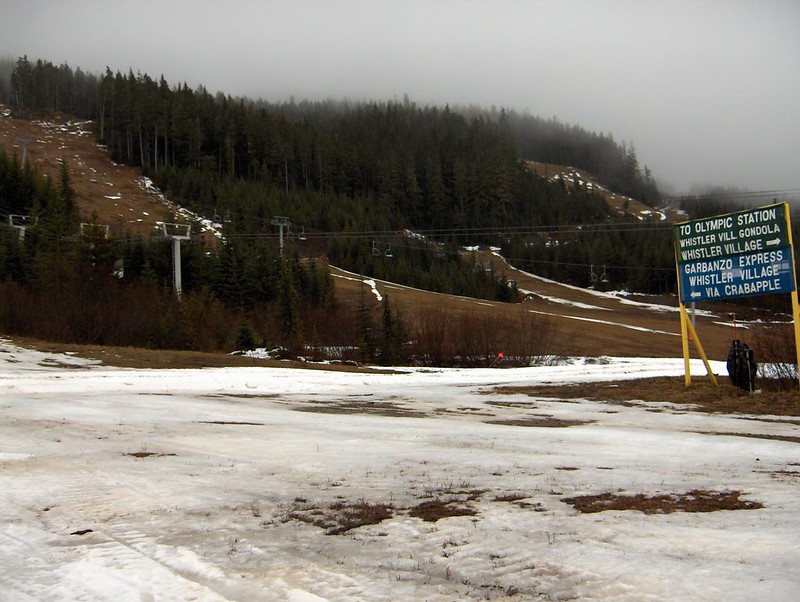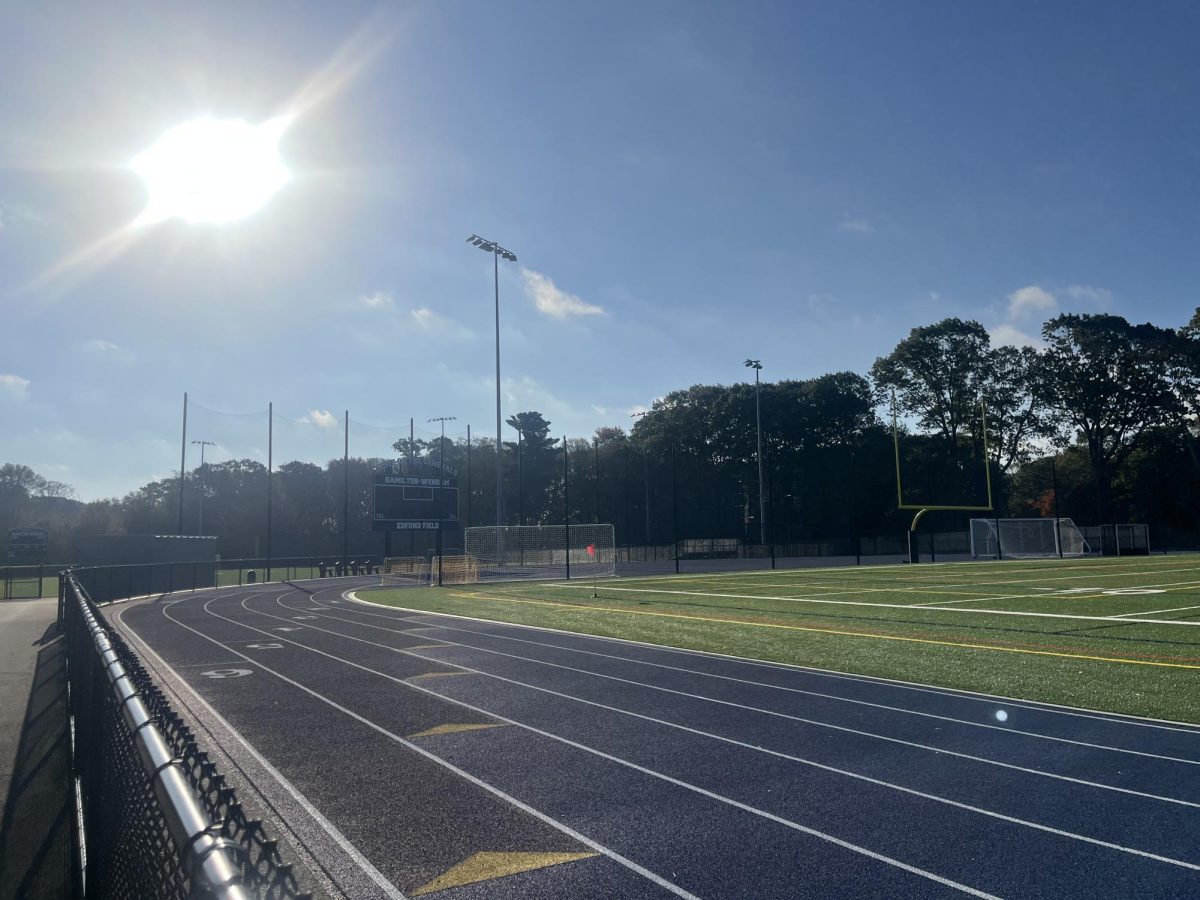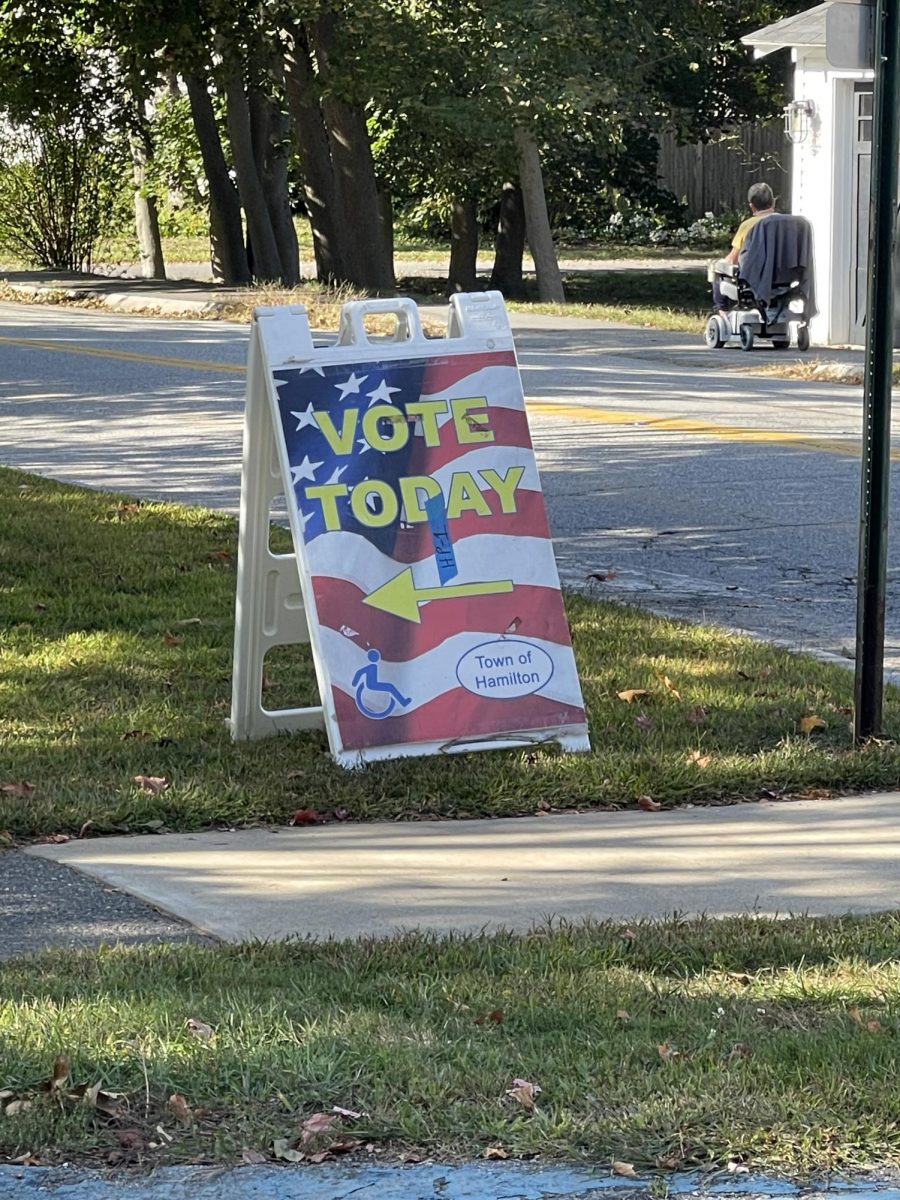Climate change has affected weather across the world. In New England, the effects can be seen mainly in the wintertime. A decrease in snowfall and warmer temperatures are big changes that can affect companies that rely on it.
In December, record high temperatures were reached in Boston, a high of 63 degrees. According to NBC 10 Boston writer Tevin Woolen, this year, Boston had the 3rd highest average temperature in its history.
In late December, snowfall amounts were below 1 inch in Boston. The average amount of snowfall in Boston is around 5 inches by that time. Boston and the North Shore have seen a couple of snow storms since then, bringing 10.5 inches of snow in January. This is still less than the normal snowfall amounts, which should be around 16 inches that month.
This lack of snow can affect many different businesses.
Avid Skier Will Kirkman said, “This has been pretty common for December ever since I’ve started skiing, so probably nine years ago, we haven’t had great snow in December, but it has still been better than this.”
According to Protect Our Winters, low snow years have caused losses of $1 billion and over 17,000 jobs lost. In low snow years, skier participation is much lower than in years with more snow. About 5.5 million fewer people went skiing in a year with less snow than average. The lack of snow tremendously affects the economy as snow-related companies provide an estimated $20.3 billion in revenue.
“The lack of snow causes trails to be closed, and lifts tend to get crowded,” Kirkman said.

Some businesses can benefit from less snow and warmer weather.
Restaurant owner Thomas Holland said, “Being in the restaurant industry, a snowstorm kills business. So this lack of snow actually helps us since more people are going out.”
Revenue in restaurants can be affected tremendously by inclement weather keeping people in their homes. According to Tenzo.com writer Dara Jarvan, snow storms cause a 10-40% drop in sales based on the business. Restaurants may even shut down for the day based on the severity of the storm.
Less snow in the wintertime means increased sales for Holland and other restaurants. Holland said, “I know that less snow can cause environmental problems like droughts, but as a restaurant owner, it helps me.”
If global warming continues to worsen, then the reality is that there will be a smaller window for the ski season. Less and less snow would continue to harm the economy with all the money coming from ski-reliant companies; however, companies that are harmed by snow will have fewer days when their business is affected, causing an increase in sales.








